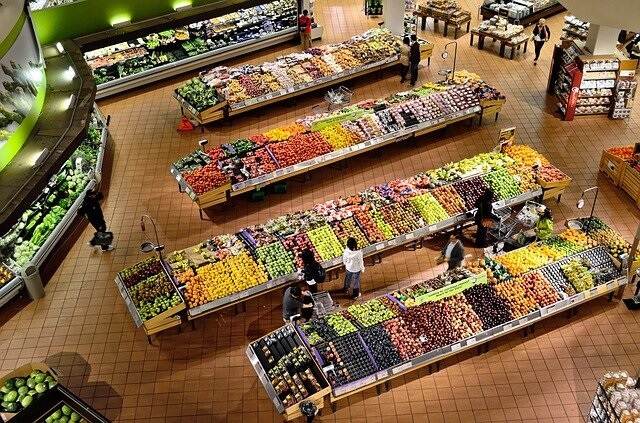Romanian consumers adapt spending patterns and turn to private labels
According to a recent analysis by NielsenIQ (NIQ), consumers in Romania are adapting to the inflationary situation by being more cautious on consumption, turning to private brands and visiting stores more frequently, with a focus on convenience stores and discounters.

During 2023, inflationary pressure and slower economic growth will continue to be a problem for Romanian consumers, who are adopting new solutions to keep their budgets under control. The most common method is to drop categories considered non-essential, followed by strict adherence to the shopping list they leave home with. In addition, Romanian consumers are following the model of other countries in the region, such as Poland, Hungary and Slovenia, and are turning to discount stores, which have registered a significant growth in the first quarter of the year (+20.7%).
According to NielsenIQ Retail Audit data, in Q1 2023, FMCG retail grew +18.4% in value year-on-year, in line with the rest of the Eastern European region (up 17.4%), while volumes continued to decline at an accelerating pace. April, however, came with a slight easing of inflation (+20% in April vs +23% in Q1) and volume decline (-1.9% in April vs -4.7% in Q1).
Due to inflation, all broad-categories of products recorded value increases in the first 4 months of 2023. The largest increase is in the food category, which is up 20.1% and accounts for 56% of the total shopping basket in Romania, followed by non-alcoholic beverages, which registered a value increase of 18.9%. Non-food products increased in value by 16.4% and alcoholic beverages by 13.0%.
Although 82% of the product categories increased in value, only 31% of them managed to grow in volume. The top 15 categories that grew by more than 10% in value in the first quarter were beer, meat, fizzy drinks, cheese, water, chocolate, coffee, snacks, milk, biscuits, vegetables, bread, household products and spirits, with the only category in the top growing in consumption being meat.
One of the main ways Romanians have adapted to inflationary pressures has been to turn to retailers' own brands, increasing their market share by 0.8%. These private label products now account for 19.5% of total consumer market sales in Romania, still below the global average of 21% and a significant distance from developed markets in Western Europe (Switzerland 52%, UK 46%, Spain 43%), but above the Eastern European average.